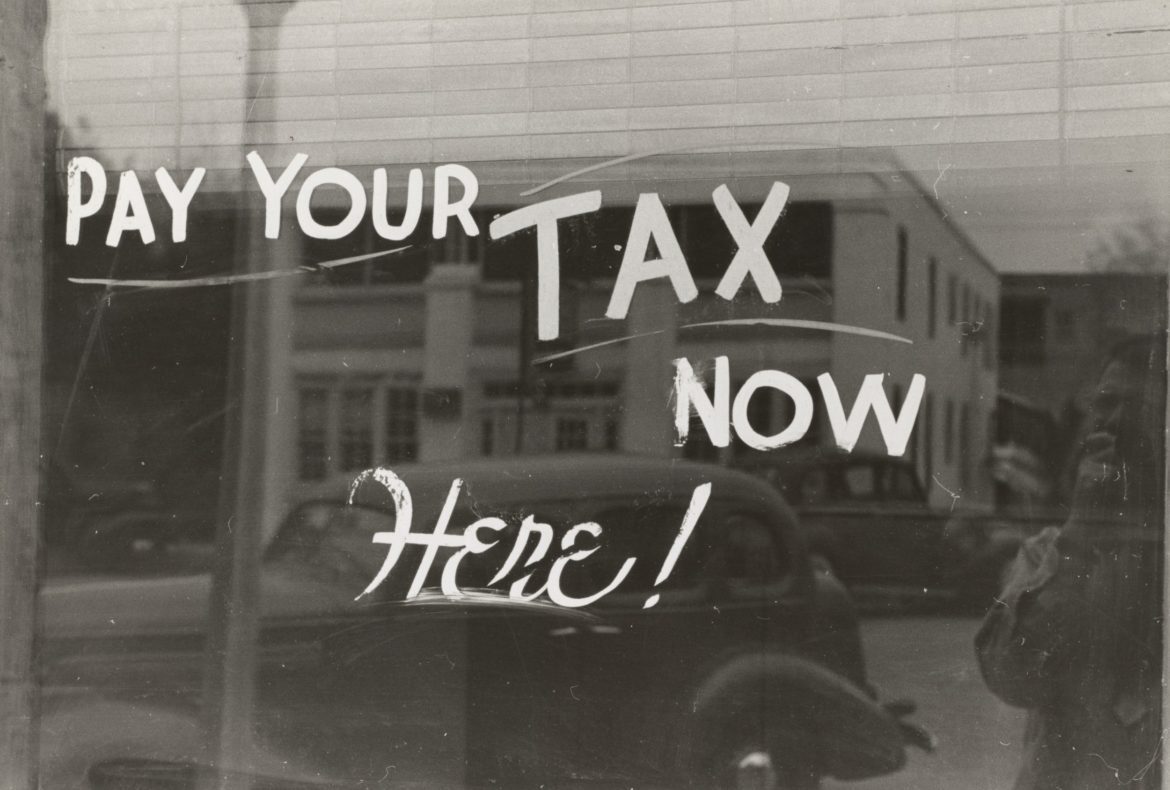Public Spending, ECONOMIC OPPORTUNITY FOR ALL
Tax Cuts Are Happening Everywhere. What About New Jersey? – GSI

By William J. Smith, GSI Staff
Across the country, state governments, armed with large surpluses, are enacting significant tax reforms and tax cuts to offer relief to beleaguered taxpayers.
Here in New Jersey, beyond generic talk of addressing voter concerns about “affordability” we’ve heard little from Governor Murphy or legislative leaders on what their plans will be for New Jersey’s budget and to return some of the taxpayers’ money to our residents. With a recent analysis from Pew Trusts finding 2021 revenues coming in 19% above pre-pandemic levels, voters should rightfully expect significant tax relief.
With the Governor set to deliver his FY 2023 budget on March 8th, we suggest that some of the next few weeks be spent looking at what other states are doing for inspiration.
Perhaps no state has been more aggressive in reforming their tax code in recent years than Iowa under Gov. Kim Reynolds (R). Following successful reforms in 2018 and 2021, Gov. Reynolds is now proposing to cut the state’s income tax rate and consolidate four tax brackets into a flat 4% rate, along with a plan to end state taxation of retirement income and cut the corporate tax rate to 5.5%, down from 9.5% today. It should be noted that Iowa once had the distinction of the highest business tax rate in the U.S., an “honor” which currently belongs to….New Jersey.
In supporting Gov. Reynolds plan, the state’s Senate Majority Leader, Jack Whitver, noted “The competition is fierce for citizens and for jobs. And we want to make sure that Iowa is looked at as a pro-growth state.”
We couldn’t have said it better than Sen. Whitver.
As Pew reports, other states have also aggressive with reforming their tax codes. For example, South Carolina Gov. Henry McMaster (R) proposed a cut in income tax rates for all brackets by 1%. The Republican leaders of the Indiana House proposed $1 billion in tax cuts, cutting income tax rates and several business taxes. Those are among the dozens of states that the Tax Foundation found are looking at substantive tax reform in 2022.
And it’s not just “Red” states, either.
In Illinois, a high-tax state with a similar sized budget and debt burden to New Jersey , Gov. J.B. Pritzker (D) has offered a $1 billion package of tax freezes, rebates and cuts aimed at offering relief from inflation. The plan eliminates the sales tax on food products for one year, freezes the state’s gas tax and offers a 5% property tax rebate to 2 million homeowners.
While Gov. Pritzker’s proposal offers only a temporary respite, other “Blue” states are moving towards more permanent tax reform. In neighboring New York, Gov. Kathy Hochul (D) has proposed a budget that would accelerate by two years, the implementation of Middle Class income tax cuts from 2025 to 2023.
With record-breaking levels of spending and topping the charts of highest taxed states, it’s as if New Jersey isn’t trying to compete with states like Iowa. With the new flexibility of work arrangements and personal mobility, independent analysis show that tax rates and affordability are playing as large a role as ever in where people decide to live or operate a business.
When the Governor debuts his budget to the legislature the public will learn how serious he is about addressing our state’s affordability crisis. New Jerseyans have absorbed a 30% increase in tolls, significant increases gas taxes and a 10% average increase in property taxes over the last few years on top of current record-breaking inflation.
With only two states (Massachusetts and Hawaii) considering tax increases, a pledge not to raise taxes in New Jersey is simply not good enough. Neither is a shell game, where state tax dollars are sent to localities in an attempt to lower property taxes. Simply transferring the burden from one type of tax to another does nothing to address our affordability crisis.
We would strongly encourage the legislature not to wait for the Governor’s lead and produce their own plans to reduce the crushing burden on our residents. They only need look around us for ideas from other states.
New Jerseyans can only benefit from a robust and transparent debate over the budget and affordability that centers around the question: What taxes are going down this year?
